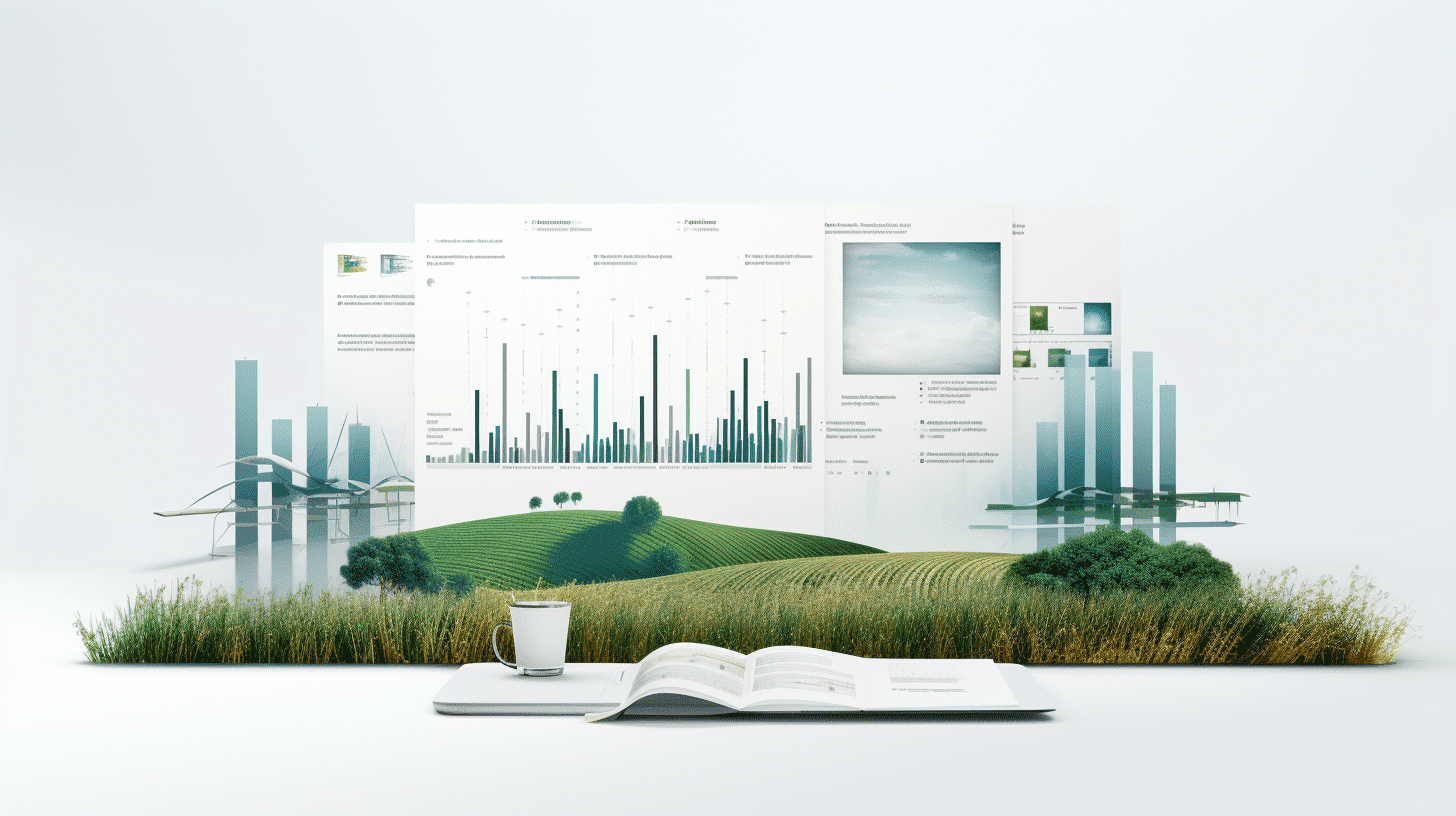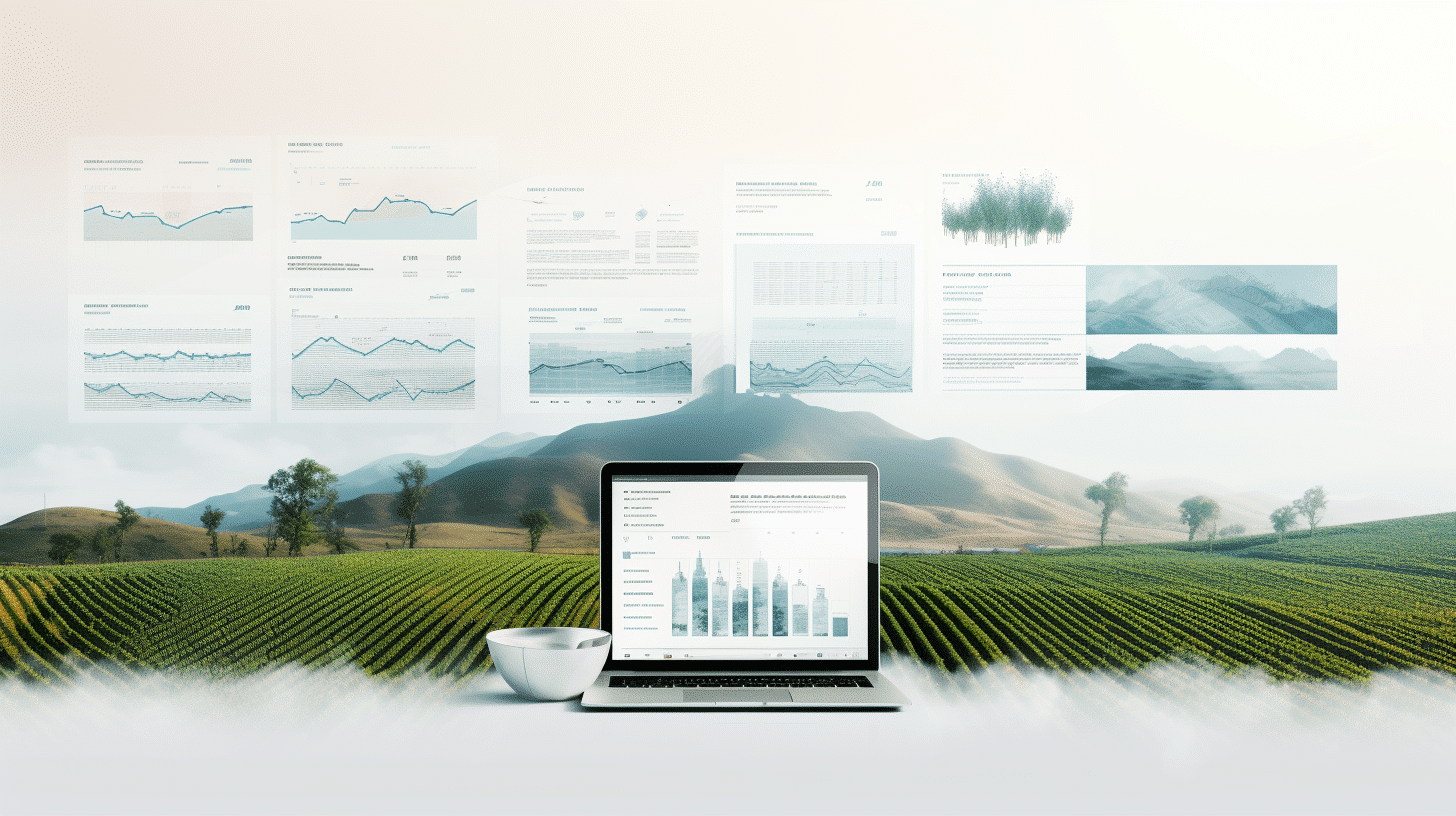In today’s sustainability-driven marketplace, getting certified by 3rd party certifications has become essential for food and beverage companies to demonstrate their commitment to environmental stewardship and social responsibility. However, the path to certification is challenging, particularly when it comes to collecting the data necessary to meet certification requirements.
Obtaining this data presents a significant challenge due to the simple fact that this data isn’t available to companies today. Most companies lack access to this data, requiring investments in new technologies, operational procedures, and personnel to transition from relying on industry averages to obtaining actual measurements.
The complexity and multi-phased nature of food and beverage supply chains enhance this challenge. With more intermediaries involved in the journey of goods from the field to the store, accurately tracing their source and the cultivation practices they went through in the field becomes increasingly difficult.
Additional factors that increase the difficulty of data collection include the dispersed geographical spread and languages of suppliers, the need to manage multiple versions of questionarres, the challenge convincing farmers to cooperate, especially when they may not fully understand the benefits or reasons for cooperation, and more.
However, relying solely on industry averages obscures the nuanced realities of agricultural practices and their environmental impact. By transitioning to data collection methods that provide true field measurements, companies can gain a comprehensive understanding of their supply chain’s sustainability performance. This shift enables them to really make change, uncover areas for improvement, identify inefficiencies, and implement targeted strategies to reduce their environmental footprint. Moreover, accurate data collection fosters transparency and accountability throughout the supply chain, bolstering consumer trust and confidence in the integrity of products. Not to mention the evolving regulatory space, which is nearing the requirement for actual field data every day. Embracing this approach not only aligns with sustainability goals but also positions companies as leaders in ethical and responsible business practices.
While more than 88% of surveyed executives recognize the pivotal role of digital technology in advancing their sustainability goals, a substantial majority
confess to not yet taking the requisite steps to realize this potential.
When considering the challenge of selecting and integrating suitable technology, it’s evident why many companies hesitate to proceed. With no universally recommended or default technology available, the market is inundated with diverse options, including open-source solutions, operational platforms, and farm management systems, leading to confusion and uncertainty about the most effective approach.
When searching for technology that can best collect, manage and analyze data from the source, we recommend the following capabilities:
Customizable depth and flexibility: Seek a certification solution that offers tailored support for individual entity hierarchy, data protocols, workflows, and modeling, ensuring adaptability to unique organizational structures and requirements.
Data integrity at the source: Prioritize a solution that ensures the integrity and organization of data from its origin, the fields themselves. Look for features like support for various data types, validation rules, and automated calculation within an intuitive offline-capable interface for seamless data collection and transmission.
Actionable insights through data utilization: Opt for a solution that provides diverse ways to utilize collected data, including customizable business intelligence dashboards, reports, and REST APIs for seamless integration with existing systems like ERP or data warehouses, enabling informed decision making and operational efficiency.






